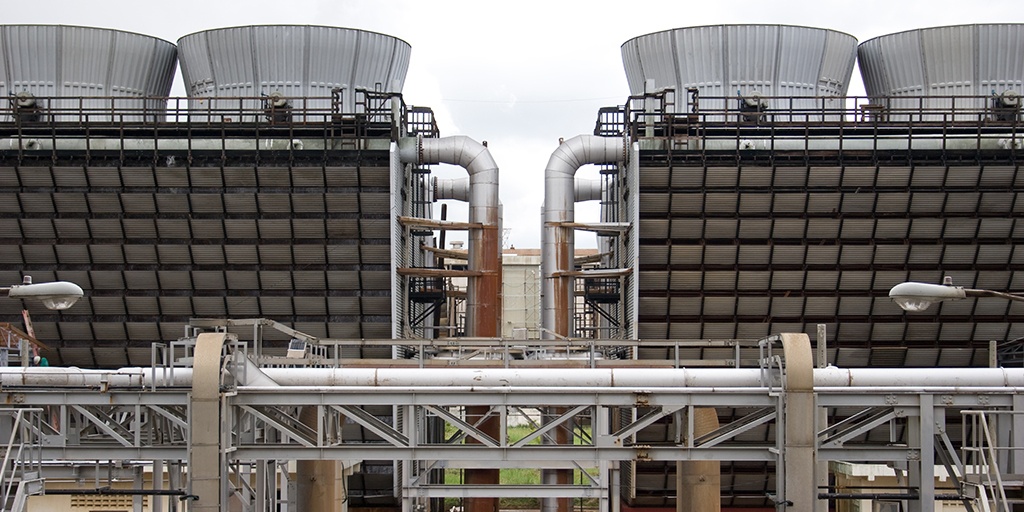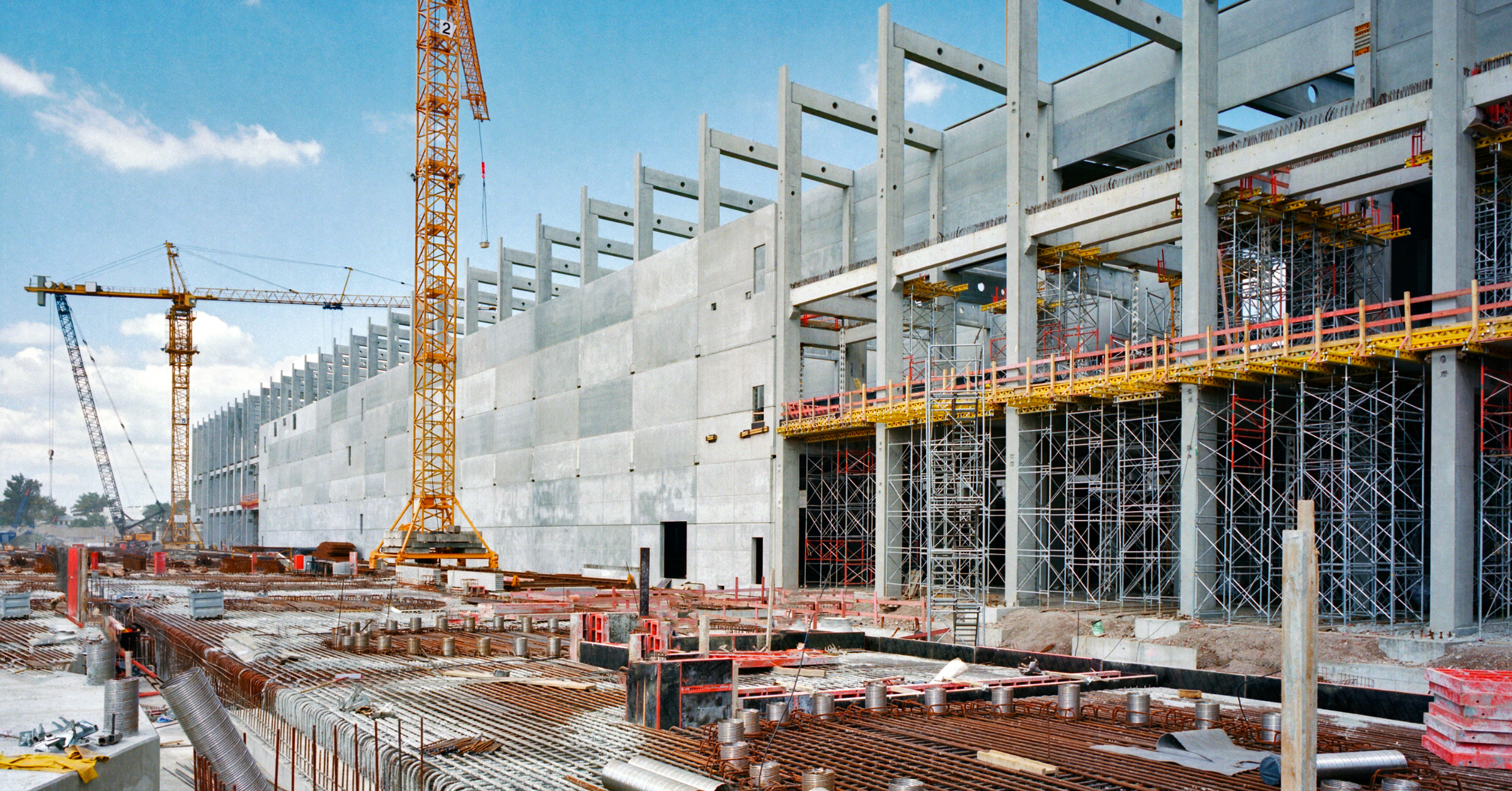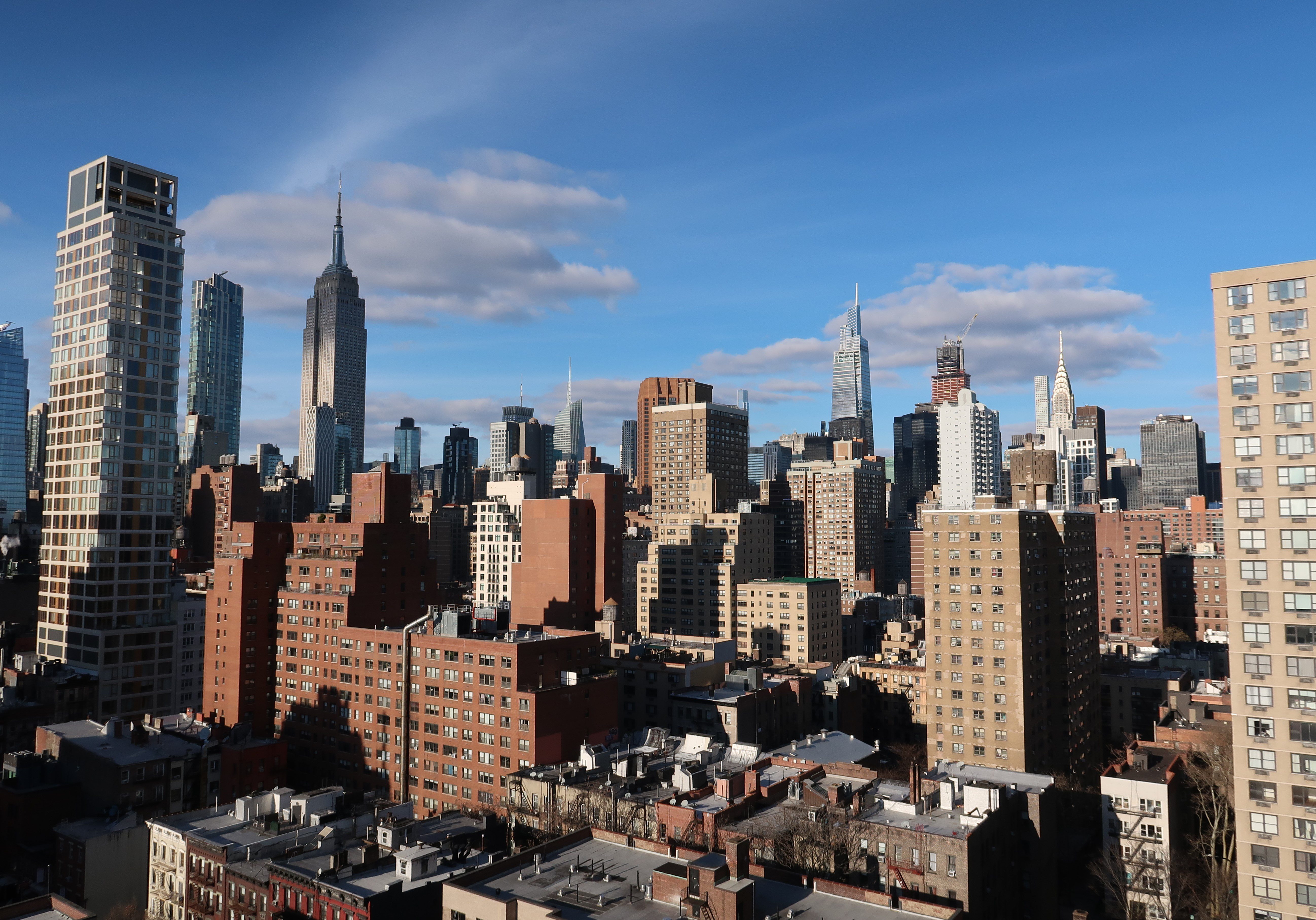New York City is ramping up its enforcement against violations of cooling tower compliance regulations, as outlined in Local Law 77 of 2015.
Local Law 77 was signed into legislation on August 18, 2015 as a result of a severe Legionnaires’ disease outbreak in New York City. Many officials praised the new legislation as a strong system of accountability, that strikes at one of the main sources of Legionnaires’ disease outbreaks and a step in the right direction toward preventing future outbreaks.
In June 2017, Legionnaires’ disease returned to New York City when legionella bacterium was discovered in a New York Police precinct in the Upper East Side. Though recent tests for the bacteria in the station’s water supply were negative, Health Department authorities continue to investigate. Earlier this week, the disease struck again when an outbreak in a Forest Hills high-rise killed one resident and infected another. The return of the disease, even after the new legislative measures, is a reminder of how important it is to properly comply with Local Law 77 of 2015.
Last month, Milrose employee, Michael Kawas, attended a seminar hosted by First Service Residential which focused on Cooling Tower education and compliance in accordance with NYC’s newly implemented requirements contained within Local Law 77 of 2015. Below we outline the main takeaways from the seminar so that you can be in compliance and avoid significant fees and penalties.
NEW REQUIREMENTS IN LOCAL LAW 77
- All new and existing cooling towers must be registered with the Department of Buildings (DOB). New towers must be properly registered before operating them.
- Building owners must certify that their cooling towers are inspected, tested, cleaned and disinfected in the DOB online system on a quarterly and annual basis.
- Each cooling tower unit must have a DOB registration number securely affixed on the outside of the tower in a visible location.
- DOB and NYS must be notified if a tower is removed or out of use, and confirm that it was drained and sanitized appropriately.
Cooling tower safety and regulation doesn’t stop with the Department of Buildings, though. The NYS Emergency Regulations and rules set forth by the Department of Health and Mental Hygiene, among other agencies, have enactments that building owners and cooling tower operators must also take into consideration.
Failure to comply with the new cooling tower rules is a major violation that can garner severe civil and potentially criminal penalties. Building owners and cooling tower operators should review NYC Health's Checklist for Complying with the Cooling Tower Law to ensure compliance.
If you have questions about the new cooling tower requirements contained in Local Law 77, please contact Milrose Consultants.








